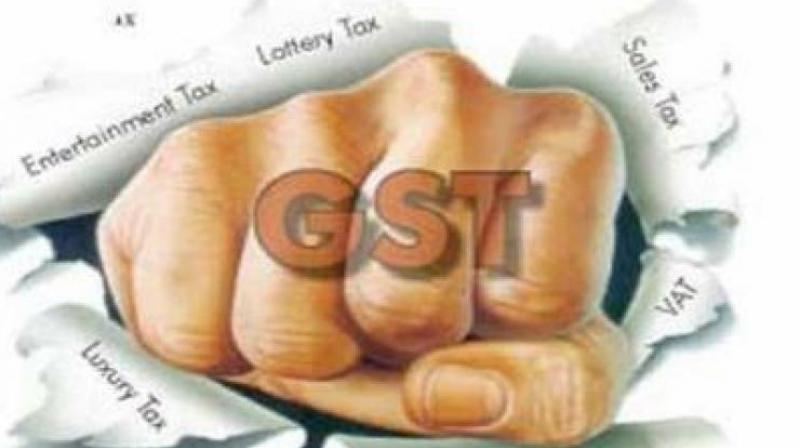States' demand of sole control in GST disempowers Centre: CBEC

New Delhi: Days ahead of the crucial meeting of the GST Council on who would administer which assessee, CBEC chairperson Najib Shah today said the demand for giving states the sole control on tax payers with turnover of less than Rs 1.5 crore will disempower the Centre.
Lack of consensus on the issue of how the new tax, having central and state elements, would be collected and administered is holding up the supporting legislations on the Goods and Service Tax (GST), which the government is keen on introducing from April 1 next year.
Stating that both the Centre and states are committed to ensuring that a taxpayer is assessed only once in the hands of one tax administration, Shah said GST was conceived as a dual structure and the government does not want to convert that into "duel" assessment.
"The debate and discussion has only been whether the Central government should be kept out of a certain category of goods. We seriously believe that while I empower you, you cannot disempower me. In effect, by saying that you cannot be there in a certain category of goods, you are disempowering me which we have our reservations about," Shah said at an event organised by industry body Assocham.
The issue of administrative control on assessees in the new tax regime was discussed by the all powerful GST Council, comprising Union Finance Minister and state representatives, but the deadlock persisted. The Council will now meet on December 11-12 to thrash out a consensus.
"We are very clear that one assessee will be dealing with the administration of either state or the Centre. So the entire cross empowerment issue was, we empower each other to say that in case the state authorities look at SGST issue, they also look at CGST and vice versa," Shah said.
States like West Bengal, Kerala, Uttarakhand, Uttar Pradesh and Tamil Nadu have insisted on exclusive control over small taxpayers, who earn less than Rs 1.5 crore in annual revenue, for both goods and services. But the Centre is reluctant to divide the assessment on the basis of turnover.
"We are very clear that the underlying philosophy of a single administration only dealing with an asseessee is something which will be honoured and which both administrations are committed to. I am sure that issue will get resolved," Shah said, hoping for GST roll out from April next year.

